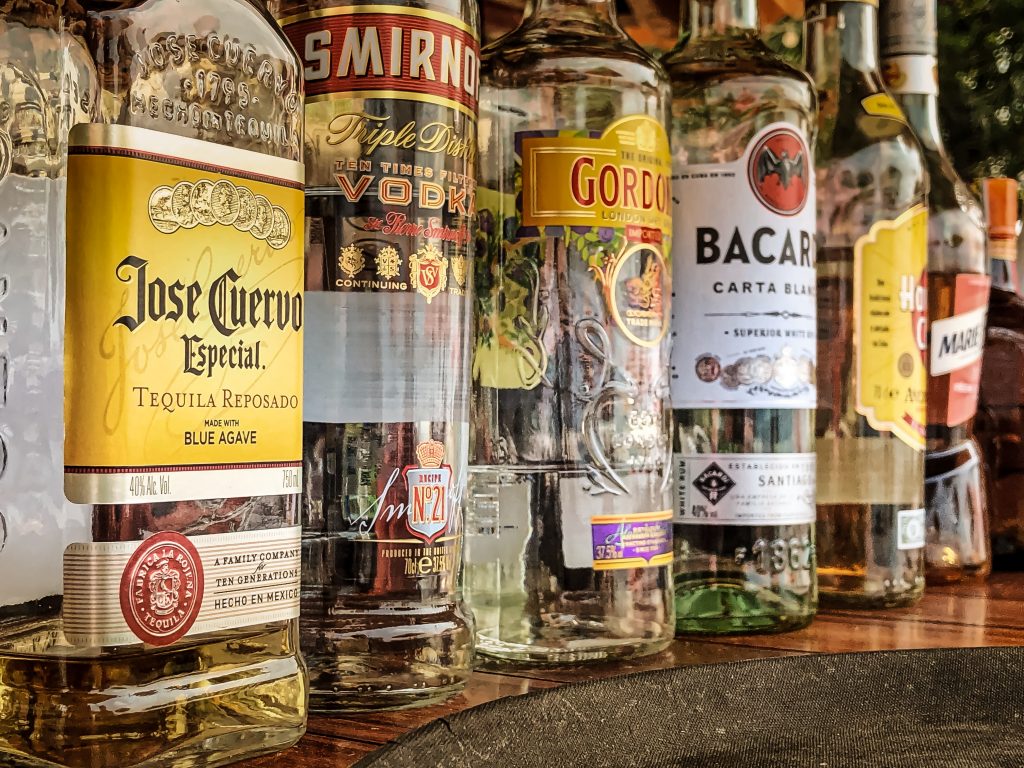5th floor, Lakshmi Sharada Arcade,
6th Main Road, No 251,
17th Cross Road,Sector 7,
HSR Layout,Bangalore,
Karnataka-560102

Whatever your alcohol intake—whether you only indulge in a single celebratory Friday-night drink or pour yourself a glass of wine every single night—there are a bunch of benefits to going booze-free.
You already know many of them: weight loss, better sleep and a happier, healthier mood.
Here's what happens to your body when you stop drinking—on the outside and inside.
You will sleep more soundly
A review of 27 studies found that while alcohol may help people fall asleep more quickly and deeply at first, it seriously screws with sleep quality after that initial restful period.
You might toss and turn at first but give up alcohol and the sleep you get will likely leave you feeling more refreshed and sharper the next day.
Reference

Your heart gets healthier
You might think that a regular glass of red wine or other alcoholic beverages might be good for your heart.
But that may not be true, or true only for light sippers (less than one drink a day).
If you use more than that, cutting back or quitting may lower your blood pressure, levels of fat called triglycerides, and chances of heart failure.
You'll start losing weight
Alcohol has a sneaky way of increasing your daily calorie intake without you realizing it.
Men consume an additional 433 calories on those days they drink a “moderate” amount of alcohol, according to one study.
Cut those from your diet—and don’t replace them with desserts or snacks—and you’ll start to drop kilo's without much effort.
Reference

You will feel less anxious
A healthy brain that isn't impaired by alcohol maintains a balance of neurotransmitters.
Alcohol throws off the levels of neurotransmitters that regulate emotions and behavior, and control cognitive abilities.
When you drink, your neurotransmitter levels deplete, and you may feel tired, anxious and depressed when the intoxicating effects of alcohol wear off.
Quitting alcohol allows your brain to restore the balance of feel-good hormones.
Your liver can heal
Your liver’s job is to filter toxins.
And alcohol is toxic to your cells.
Heavy drinking can take a toll on the organ and lead to fatty liver, cirrhosis, and other problems.
The good news: your liver can repair itself and even regenerate.
So, it’s always worth drinking less or quitting.

Your relationships improve
Drinking alcohol socially can help boost your mood and help you bond with others.
But if you drink alone, or down multiple drinks a day, it could turn into an unhealthy habit.
If you can't control it, it may lead to a condition called alcohol use disorder.
Giving up drinking may let you focus on your relationships, work, and health.
You will save money
Drinking—especially a fine wine or scotch habit—is an expensive undertaking.
Take a moment to crunch the numbers, adding up what you spend for drinks. It can be an eye-opening.

Your sex life might improve
A bit of alcohol may make couples friskier.
But anything more than a drink or so a day has the opposite effect.
Men might have trouble getting and keeping an erection.
Women's sex drive might drop, and their vagina might get drier.
Cut down on the booze and see if it stirs up the romance.
You may get sick less
Prone to head colds? Your nightly glass-or three-of wine could be to blame.
While light to moderate drinking shouldn't increase your susceptibility, even a single episode of binge drinking can lead to exertion on the immune system and cause inflammation-a common cause of many ailments.
When you refrain from drinking to excess, you'll reduce and reverse inflammation. And because of that over time, your immune system will be strengthened

Your skin clears up
Within a few days of cutting out booze, you’ll notice your skin looking and feeling more hydrated.
That’s because alcohol is a diuretic, causing you to urinate more.
Alcohol also decreases the body’s production of an antidiuretic hormone, which helps the body reabsorb water.
Dryness in your cheeks and around your nose may also start to fade, and other skin conditions—such as dandruff, eczema, or rosacea—may also improve.
Disclaimer: The advice provided is intended for informational purpose only and does not substitute for professional medical advice. Consult with your doctor if you’re seeking medical advice, diagnoses, or treatment.